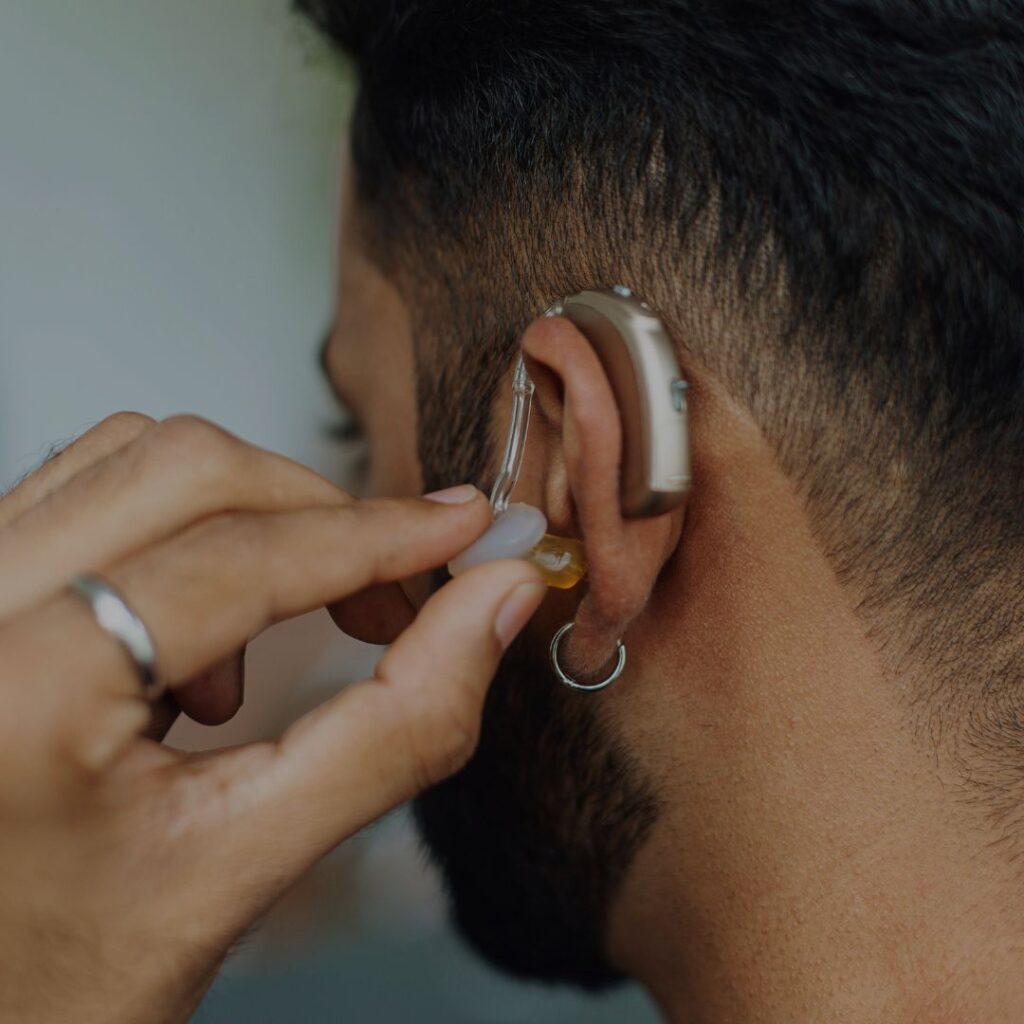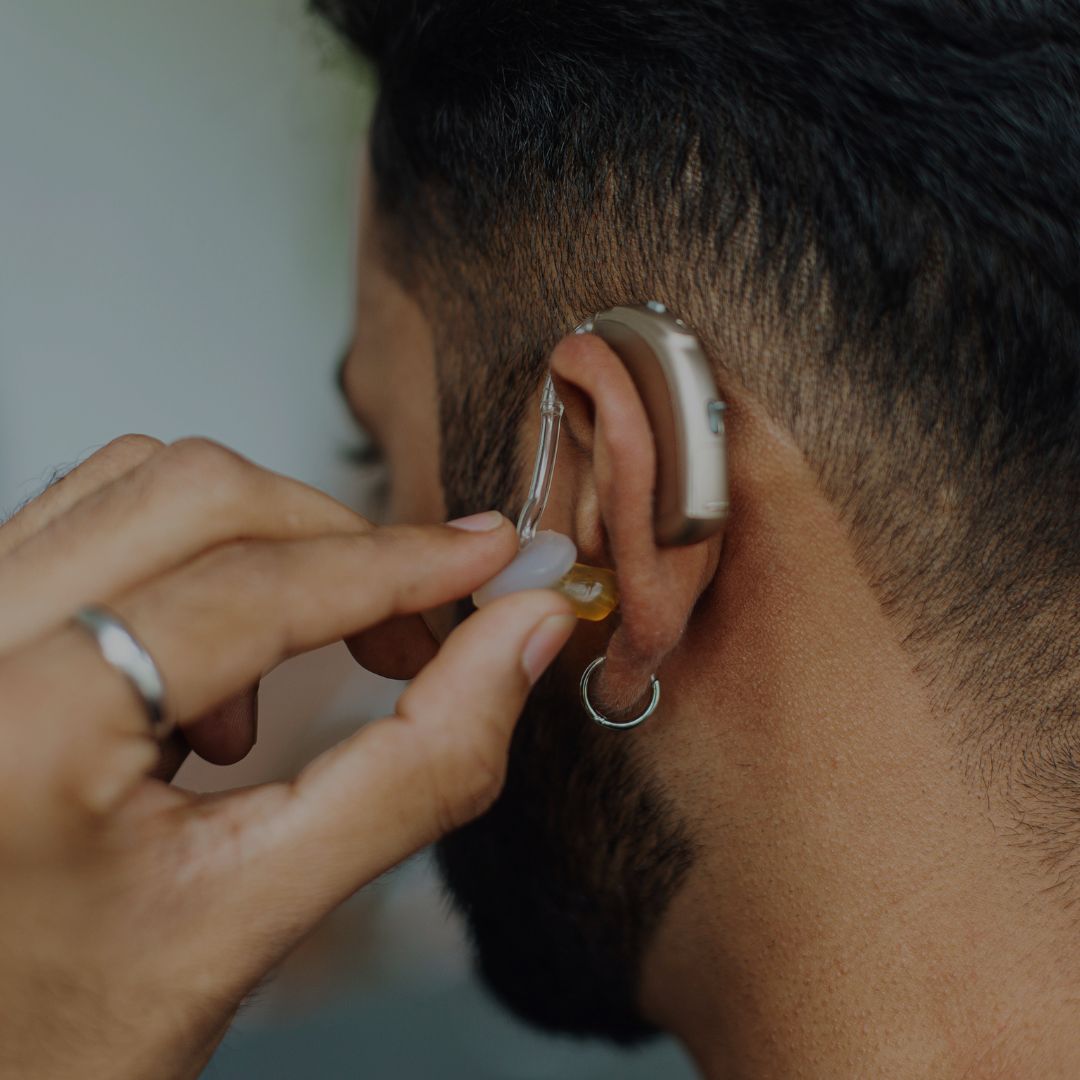
The statistics on Alzheimer’s are jaw-dropping, as 45 million Americans are expected to die from the disease. Dr. Dale Bredesen of Apollo Health stated the costs of the care per patient with Alzheimer’s are staggering – $350,000 each before dying of the disease, primarily due to requiring nursing home care. As a daughter, legal guardian, and power of attorney for my father, who died from Lewy Body dementia, I can affirm the amount of money spent is overwhelming on a person’s care and safety who has dementia.
There have been 400+ clinical trials for Alzheimer’s. Two hundred forty-four trials occurred in one decade (243 failed outright). We are trying to treat Alzheimer’s with a mono-therapeutic approach like we would an infectious disease like pneumonia. Instead, we need to address it as a complex, chronic disease that requires a targeted approach depending upon the medical drivers (vascular, toxicity, insulin resistance, etc.) in each person’s circumstances. ~Dr. Dale Bredesen
Research suggests that addressing modifiable risk factors could potentially prevent or delay many cases. Dr. Dale Bredesen has identified 36 risk factors for dementia, and The Lancet has published a piece about the 14 modifiable risk factors for dementia. I wanted to do a series of spotlights to delve deeper into these modifiable risk factors—today’s spotlight is hearing loss.
The 14 Modifiable Risk Factors for Dementia
The Lancet Commission has identified the following 14 modifiable risk factors (added high LDL cholesterol, and vision loss in 2024) for dementia, and these risks are irrespective of APOE status:
- Less education
- Hypertension
- Hearing loss
- Smoking
- Obesity
- Depression
- Physical inactivity
- Diabetes
- Low social contact
- Excessive alcohol consumption
- Traumatic brain injury
- Air pollution
- Childhood education
- Social isolation
- High LDL cholesterol (added in 2024)
- Vision Loss (added in 2024)
Among these risk factors, hearing loss is one of the single most significant modifiable risk factors for dementia. Let’s explore why hearing loss is among the top three risk factors and how it relates to dementia risk.
The Link Between Hearing Loss and Dementia
Studies have shown that people with hearing loss are up to five times more at risk for developing dementia than those with normal hearing. While the exact mechanism of action is unclear, the researchers have proposed three main reasons for this connection:
- Social Isolation: Hearing loss can lead to social withdrawal and loneliness, which are associated with a 50% increased risk of dementia.
- Cognitive Load: The brain expends more energy processing sounds, leaving less energy for thinking and memory tasks.
- Brain Atrophy: People with hearing loss experience accelerated rates of brain shrinkage compared to those with normal hearing.
The Impact of Hearing Loss on Dementia Risk
Research indicates hearing loss accounts for 8% of global dementia cases, making it the most significant modifiable risk factor for dementia at a population level. The risk of dementia increases with the severity of hearing loss:
- Mild hearing loss doubles the risk of developing dementia.
- Moderate hearing loss triples the risk.
- Severe hearing loss increases the risk fivefold.
Addressing Hearing Loss to Reduce Dementia Risk
The good news is that hearing loss is manageable and modifiable through treatment. The Lancet Commission recommends addressing hearing loss in midlife (between ages 40 and 65) before it can negatively impact cognitive skills. The Lancet Commission ranked each risk factor by the percentage reduction in new dementia cases if the risk factor was eliminated. Hearing loss was the highest-ranked risk factor, meaning it had the most significant impact on dementia cases compared to other risk factors. This underscores the importance of early intervention in hearing loss, empowering individuals to take control of their cognitive health.
Preliminary studies have shown the positive effects of hearing treatment on cognitive outcomes and the reversal of adverse neural impacts of hearing loss. For instance, among individuals with moderate to severe hearing loss, hearing aid use was associated with a lower prevalence of dementia compared to those who did not use hearing aids. This promising finding offers hope and optimism for those managing hearing loss and its potential impact on cognitive health.
Conclusion
While more research is needed to establish whether treating hearing loss can reduce the risk of dementia, the current evidence is promising. Given that hearing loss is a modifiable risk factor, it is crucial for individuals to:
- Regular visits to an audiologist, especially after age 50, can provide reassurance and support in managing hearing health. These visits can help detect any changes in hearing early, allowing for timely intervention and potentially reducing the risk of dementia.
- Seek treatment, such as hearing aids, if hearing loss is diagnosed.
- Consider using hearing aids if recommended by a healthcare professional.
By addressing hearing loss and other modifiable risk factors, we may reduce the global burden of dementia significantly. Remember, taking care of hearing health is not just about maintaining good communication—it’s also about protecting your cognitive health for the future.
I am not a licensed medical professional, and the information provided on this website is for general informational purposes only. The content on this website is not intended to substitute for professional medical advice, diagnosis, or treatment. Always seek the advice of your physician or other qualified health provider with any questions you may have regarding a medical condition.
This blog post may contain affiliate links. If you click on these links and make a purchase, I may receive a commission at no additional cost. As an Amazon Associate, I earn from qualifying purchases.
References
Dementia prevention, intervention, and care: 2024 report of the Lancet standing Commission Livingston, Gill et al.The Lancet, Volume 404, Issue 10452, 572 – 628
Hearing Loss and Dementia: How are they connected?. https://www.nmhearingaid.com/hearing-loss-and-dementia/
Can hearing loss treatment help prevent dementia? | https://www.starkey.com/blog/articles/2023/05/hearing-loss-treatment-and-dementia-prevention
Considering hearing loss as a modifiable risk factor for dementia | https://pubmed.ncbi.nlm.nih.gov/36150235
Hearing Loss Accelerates Brain Atrophy As We Age. https://www.starkey.com/blog/articles/2024/01/Hearing-Loss-Linked-To-Brain-Shrinkage
Hearing Loss Linked to Dementia in Older Adults – Neuroscience News. https://neurosciencenews.com/hearing-loss-dementia-22218/
Which Hearing Aids Should You Wear to Reduce Cognitive Decline and Hearing Loss? | ACE Audiology. https://www.aceaudiology.com.au/hearing-aid/reduce-cognitive-decline-hearing-loss/
Hearing loss and dementia: how are they linked?. https://www.somersethearing.uk/post/hearing-loss-and-dementia-how-are-they-linked
Jiang, F., Mishra, S. R., Shrestha, N., Ozaki, A., Virani, S. S., Bright, T., Kuper, H., Zhou, C., & Zhu, D. (2023). Association between hearing aid use and all-cause and cause-specific dementia: An analysis of the UK Biobank cohort. https://doi.org/10.1016/S2468-2667(23)00048-8
Eargo Celebrates 1-Year Anniversary of FDA’s Over-the-Counter (OTC) Hearing Aid Regulations, Driving a New Era of Accessibility and Innovation | User | thepilotnews.com. https://business.thepilotnews.com/thepilotnews/article/gnwcq-2023-11-1-eargo-celebrates-1-year-anniversary-of-fdas-over-the-counter-otc-hearing-aid-regulations-driving-a-new-era-of-accessibility-and-innovation


+ show Comments
- Hide Comments
add a comment